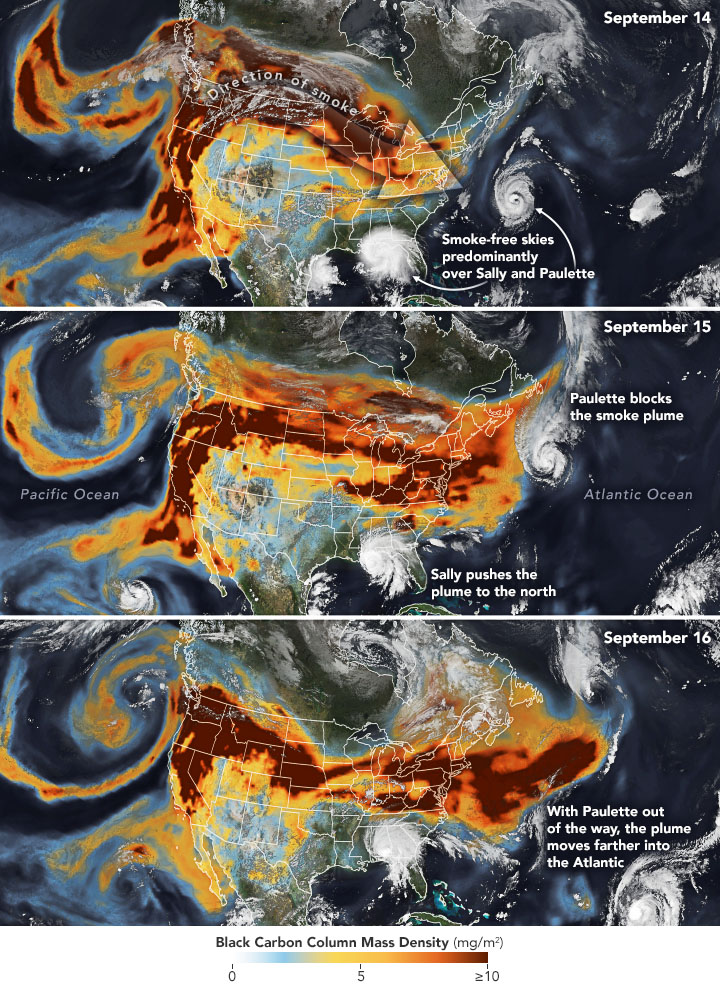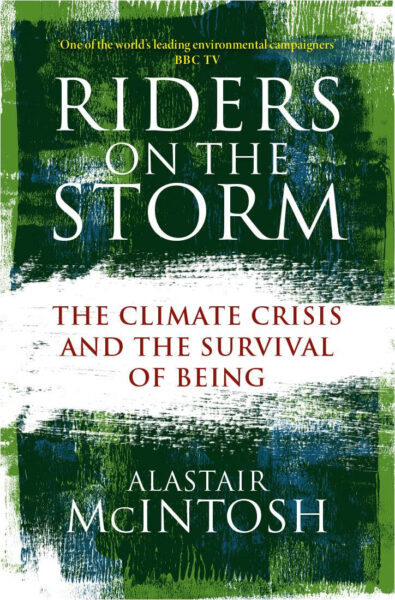Decades ago (it seems) when perhaps it was still possible to have good faith disagreements about the attribution of current climate trends, James Annan wrote a post here summarizing the thinking and practice of Climate Betting. That led to spate of wagers on continued global warming (a summary of his bets through 2005 and attempts to set up others is here).
There were earlier bets, the most well known perhaps was the one for $100 between Hugh Ellsaesser and Jim Hansen in 1989 on whether there would be a new temperature record within three years. There was (1990), and Ellsaesser paid up in January 1991 (Kerr, 1991). But these more recent bets were more extensive.
[Read more…] about Don’t climate bet against the houseReferences
- R.A. Kerr, "Global Temperature Hits Record Again", Science, vol. 251, pp. 274-274, 1991. http://dx.doi.org/10.1126/science.251.4991.274




 Mostly, we only know what we think we know about climate science because of the climate science. I have had many run-ins with denialists, contrarians or climate change dismissives as they are variously called. Over the past two years especially, concern has also moved to the other end of the spectrum, to alarmism. Both ends, while the latter has been more thinly tapered, can represent forms of denial. In this abridged adaptation I will start with denialism, but round on the more recent friendly fire on science that has emerged in alarmism.
Mostly, we only know what we think we know about climate science because of the climate science. I have had many run-ins with denialists, contrarians or climate change dismissives as they are variously called. Over the past two years especially, concern has also moved to the other end of the spectrum, to alarmism. Both ends, while the latter has been more thinly tapered, can represent forms of denial. In this abridged adaptation I will start with denialism, but round on the more recent friendly fire on science that has emerged in alarmism.